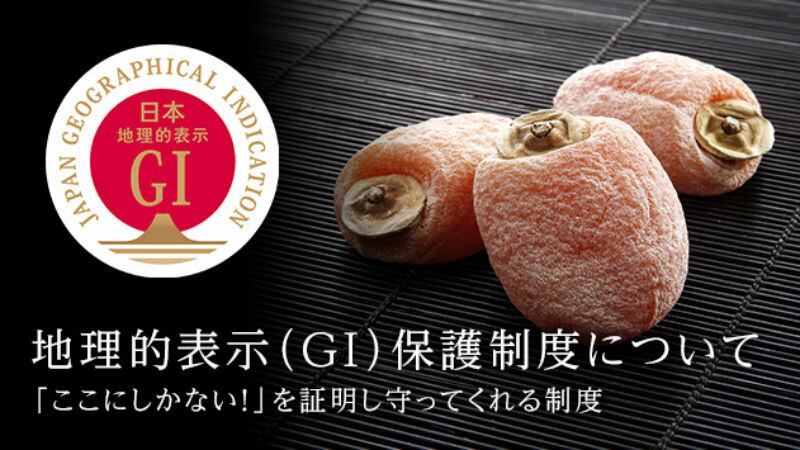According to the country’s Ministry of Agriculture, Forestry and Fisheries (MAFF), amongst the crops that have been impacted by failure to properly implement IP control overseas have included the high-end Shine Muscat grapes which have been grown by other countries such as China and Korea.
FoodNavigator-Asia has confirmed with MAFF that one of the proposed initiatives for this is for the ministry to appoint a private organisation next year to work on the IP protection of new Japan-cultivated fruits and vegetables.
It was emphasised by the MAFF officer, who opted to remain anonymous, that this has ‘not yet been confirmed’, but that the department is looking at budgeting for such an organisation to help Japan protect new fruit and vegetable varieties that are being sold overseas, and ‘discussion is ongoing internally but no official details are in place’.
This protection would likely also only be able to apply to new produce varieties.
That said, such a move, if approved, would make a good deal of sense for the country’s agricultural sector, which is trying to boost its high-end fruit exports up further from the current estimated JPY1tn (US$9.2mn), according to Japan Times.
It also falls in line with Japan’s existing ‘Ministry of Agriculture, Forestry and Fisheries' Intellectual Property Strategy 2020’ report, within which ‘Strengthening the protection of new plant varieties’ is listed as a major area of focus to raise competitiveness of the country’s seed and seedling industry.
“It is important to develop an environment in which breeders can easily obtain breeder's rights both in Japan and abroad in order to promote the development of new excellent plant varieties with international competitiveness,” said MAFF via the strategy report.
Strengthening measures against any infringement of rights was highlighted as an important section here, with the ministry aiming to do this by both providing support against any IP violations as well as developing technology that can help IP-holders prove their rights to ownership.
“It is necessary to ensure that right holders can confirm the facts of [any] infringement of rights overseas and take border measures in an appropriate and prompt manner,” said MAFF.
“For this purpose, the ministry will develop technology for identifying a relevant variety at the DNA level and thereby support the protection of rights, and will also provide support in confirming the validity of and manualizing developed DNA identification technology so that the developed DNA identification technology can be used at customs for closing national borders, etc.”
Other technological efforts being planned include methods to identify the geographical production area of a product and ways to conserve plant varieties for which applications have been newly filed.
GI protection
Geographical Indication (GI) protection has also been a very important area of focus for MAFF.
As part of the activities undertaken by the Agricultural, Forestry and Fisheries Intellectual Property Protection Consortium, which is the country’s IP protection watchdog for Japan products’ overseas trademark applications, GI-related activities ranked very highly on the list, as per the consortium’s latest report.
“In Japan, there are many regional brand products which have obtained high quality and reputation as a result of unique production methods and natural characteristics such as regional climate and soil conditions,” said MAFF.
“The GI Act provides a system that [helps] the government protect the names of such products.”
Japan has a dedicated GI symbol (see picture) to indicate protected products, as well as a recently-established dedicated webpage on online tax donation site Satofull, which allows the public to donate money to their preferred municipalities (e.g.disaster-struck areas) and receive local specialities in return and have a large portion of the donated total deducted from their taxes.





